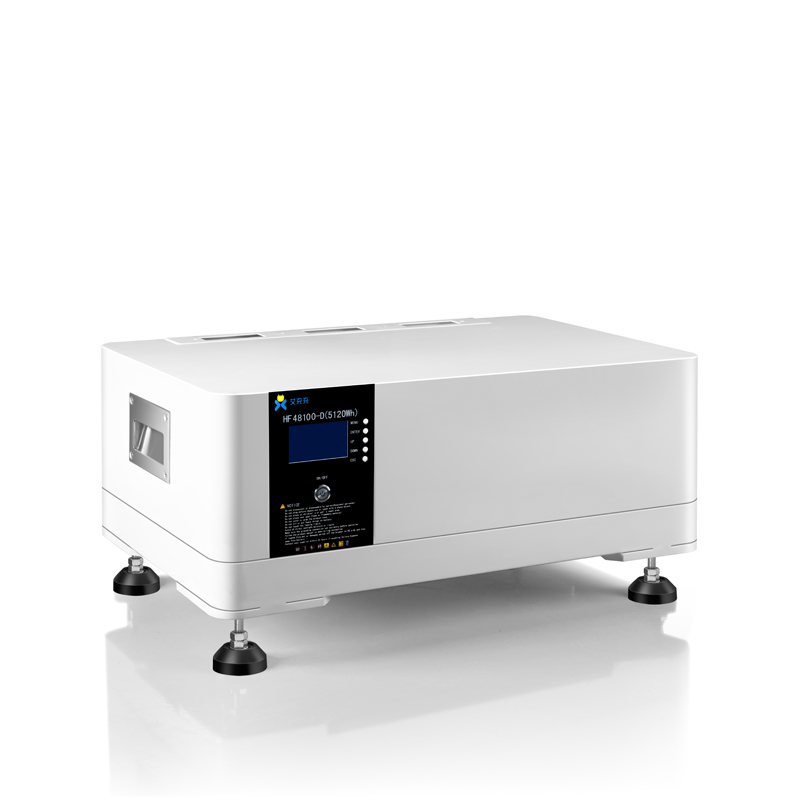
Nov . 05, 2024 20:56 Back to list
ce certification li-ion energy storage systems
CE Certification for Li-ion Energy Storage Systems
In recent years, the demand for renewable energy and energy storage solutions has surged dramatically, driven by advancements in technology and the global push for sustainability. Among the various methods of energy storage, lithium-ion (Li-ion) batteries have emerged as a leading choice due to their high energy density, longevity, and efficiency. As the market for Li-ion energy storage systems expands, the importance of certification, particularly CE certification, becomes crucial for manufacturers and consumers alike.
Understanding CE Certification
CE marking is a certification process that indicates a product's compliance with European health, safety, and environmental protection standards. The 'CE' stands for 'Conformité Européenne,' and it is mandatory for a range of products, allowing them to be sold within the European Economic Area (EEA). It ensures that the product meets the necessary requirements outlined in relevant EU directives. For Li-ion energy storage systems, obtaining CE certification not only facilitates market access in Europe but also assures customers of the reliability and safety of the products.
Importance of CE Certification for Li-ion Systems
1. Safety Standards Li-ion batteries can pose significant safety risks if not designed and manufactured properly. Incidents such as overheating, thermal runaway, and fires highlight the necessity of rigorous safety standards. CE certification involves thorough testing and quality control to ensure that the energy storage systems are safe for consumers and compliant with European safety regulations.
2. Market Access Products without CE certification cannot be sold in the EU market. For manufacturers, obtaining this certification is crucial for legitimate market access. It acts as a passport, enabling companies to compete in one of the largest consumer markets in the world.
3. Consumer Confidence CE marking serves as a quality assurance to consumers. It indicates that the product has been evaluated and meets all relevant safety directives, fostering trust among users. This is particularly important for Li-ion energy storage systems, which are often used in critical applications such as renewable energy integration, electric vehicles, and grid stabilization.
4. Environmental Compliance The EU has stringent environmental regulations aimed at promoting sustainability. CE certification ensures that Li-ion energy storage systems adhere to these environmental standards, including proper disposal and recycling of batteries, thus minimizing their ecological footprint.
ce certification li-ion energy storage systems

The Certification Process
The process of obtaining CE certification for Li-ion energy storage systems generally involves several steps
- Product Assessment Manufacturers must first assess their products against relevant EU directives and standards. This includes identifying any applicable harmonized standards for safety and performance. - Testing and Evaluation Products undergo rigorous testing either by the manufacturer or through an independent Notified Body, which ensures compliance with the CE marking requirements.
- Technical Documentation Manufacturers must prepare a technical file that includes design calculations, test results, and user manuals. This documentation serves as proof of compliance and is essential for potential inspections.
- Declaration of Conformity Upon successful assessment, manufacturers must issue a Declaration of Conformity, confirming that their product meets all applicable EU requirements.
- Affixing the CE Mark Finally, once all compliance measures are met, the CE mark can be affixed to the product, allowing it to be marketed within the EU.
Conclusion
As the focus on renewable energy and efficient energy storage grows, CE certification will play an essential role in ensuring that Li-ion energy storage systems are not only safe and effective but also competitive in the market. By adhering to these standards, manufacturers can not only expand their reach in the European market but also contribute to a more sustainable and secure energy future.
-
Advanced Energy Management System for Smart Efficiency
NewsJul.26,2025
-
Advanced Energy Management System EMS for OEM | Optimize Efficiency
NewsJul.25,2025
-
High-Efficiency Energy Storage System for OEM Solutions
NewsJul.24,2025
-
Intelligent Energy Management for Efficient Power Use at Home
NewsJul.23,2025
-
Advanced Energy Management System EMS OEM Solutions
NewsJul.22,2025
-
Efficient Energy Management System: Optimize Savings & Monitoring
NewsJul.21,2025























